"What started last year as a Self Assessment Guide, has been reworked into a more general tool for assessment. This new guide is suitable for teacher, peer or self assessment and also offers a visual map of what we want students to learn (with highlighting of which concepts are most important). Although still ICT specific, this guide could be adapted to any subject by changing the attributes and keywords."
Get Started for FREE
Sign up with Facebook Sign up with X
I don't have a Facebook or a X account
 Your new post is loading... Your new post is loading...
 Your new post is loading... Your new post is loading...

Pedro Barbosa's curator insight,
January 26, 2013 4:27 AM
Pedro Barbosa | www.pbarbosa.com | www.harvardtrends.com 
Sandra V. Barbosa's curator insight,
January 26, 2013 9:26 PM
Se você perguntar a um aluno o que o torna bem sucedido na escola, provavelmente você não ouvirá sobre de algum livro fantástico novo ou série de palestras . Muito provavelmente você vai ouvir algo como: "Foi tudo o Sr. Jones. Ele simplesmente nunca desistiu de mim. "

Marcine Adams's curator insight,
January 23, 2014 4:48 PM
This article reminds everyone of what our educational system was once based on, and the system does not work. Our old system and pedagogies view students on an assembly line thinking that's the fast track to career ready students.Change is necessary, but what type of change is controversial. We need to prepare students to be 21st century learners but until we can cleary define what that means our system is somewhat overwhelming and chaotic.

Shafeeq Husain's curator insight,
September 26, 2015 11:06 PM
What else could a curriculum be, other than parcelling out learning in clear and logically-sequenced elements.

Jess Johnson's curator insight,
April 29, 2015 3:33 AM
An outline on 21st century pedagogy... must re-read to determine simplicity level. |

Mary Cunningham's curator insight,
October 26, 2013 12:26 PM
A cool self reflecting tool for ways to steer our learning!
Chloe Parsons's curator insight,
November 3, 2013 2:37 AM
This is a really interesting post, in the way that it not only informs you about anxiety, but also shows ways to cope. The 'Catch, challenge, change' stratergy has been created to help children and young adults relistically- think about their thoughts- "What am I worrying about?" Challenge your thoughts- "Is this definately going to happen?" "What will happen if I do do it?" And change thoughts- "What can I do to make myself feel less anxoius? Talk to someone?" I believe that once you know about certain disorders, they become less scary. Helping children and young adults learn and understand anxiety, even if they dont experience anxiety themselves, is an important step to teaching kids to understand themselves and people around them.

Jennifer Colin's curator insight,
October 24, 2015 6:20 PM
This is a great resource for helping students build resilience, especially those who have previously experienced trauma. Taking the time to show them how they can think about and handle what happens to them in a more positive way can be life changing in children. This could be integrated into any subject matter; it doesn't need to be limited to the school counselor; in fact, doing so would be a disservice. As I future school leader it is my goal to ensure that students are receiving as well-rounded of an education as possible--and not just academically-speaking. We should be addressing the whole person, and that includes helping them be socially, emotionally, and mentally successful as well. |



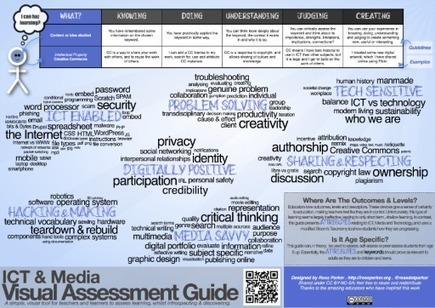

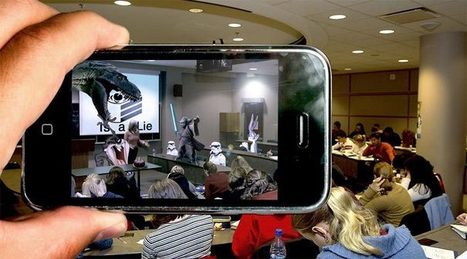

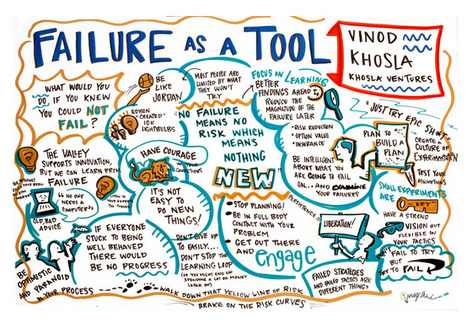
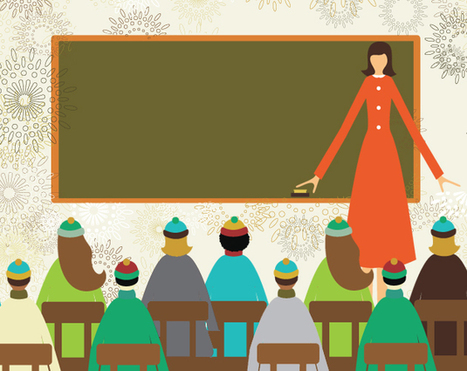






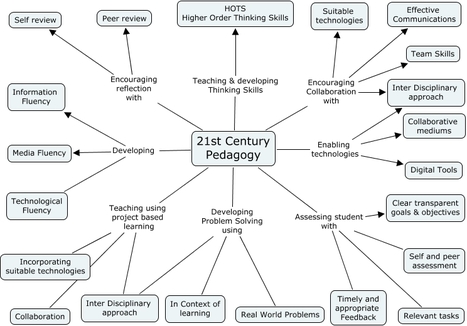



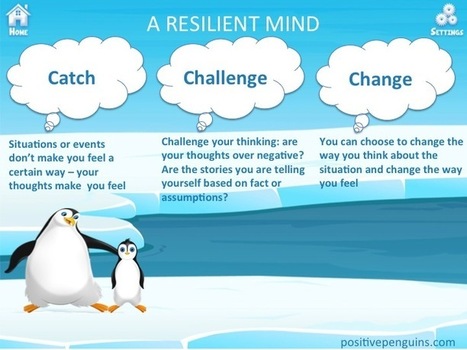




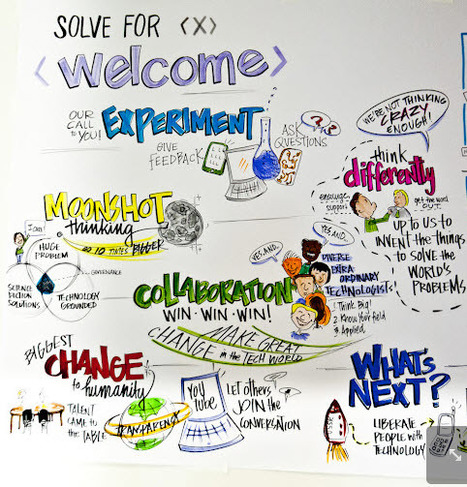
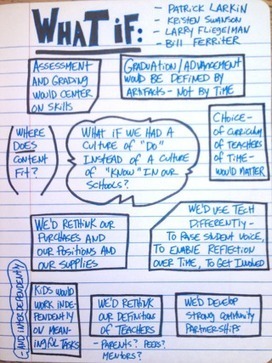





great evaluation tool
Interesting way to approach self-assessment in vocational areas. Could be adapted easily